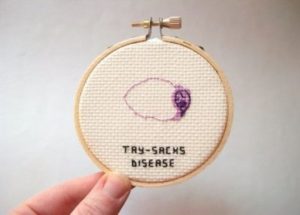Wet wipes can put babies at risk of allergic reaction by creating a breach in the skin’s natural protective coat that makes it more sensitive to unusual chemicals, a study says.
US researchers said that repeated use of wipes on skin reduces natural oils from the babies skin and hence make it more sensitive towards reactions. The wet wipe effect is more like a skin barrier breakdown which includes some mild rash or an eczema, and Professor Cook-Mills said parents should again use older ways of washing infants.
Fragrances and preservatives are the most common allergens in baby wipes; although other chemical ingredients are considered as most potential allergens. Other allergens include tocopheryl acetate, petrol-based propylene glycol, fragrances, 2-bromo-2-nitropropane-1,3-diol, and parabens.
Zirwas says the chemical preservative is MI (methylisothiazolinon) and it has been around for years. MI is found in many water-based products like liquid soaps, hair products, sunscreen, cosmetics, laundry products, and cleaners, as well as pre-moistened personal hygiene products and baby wipes.
One can use water based wipes at times but its always better to practice traditional ways to clean your baby’s bump, as repeated use of such chemicals can be very dangerous. Keep your own hands hygienic and wash off the excess soap with clear water and wipe them properly after doing any household work as infants’ skin can behave hyper-allergic to food allergens are well.













